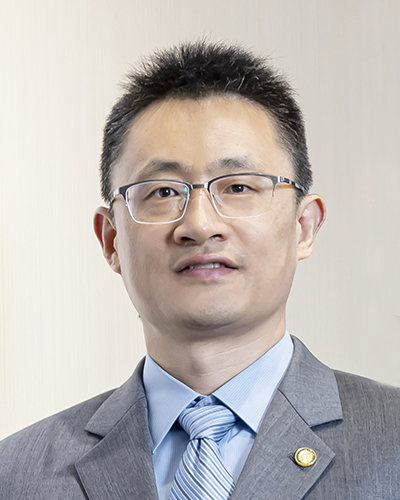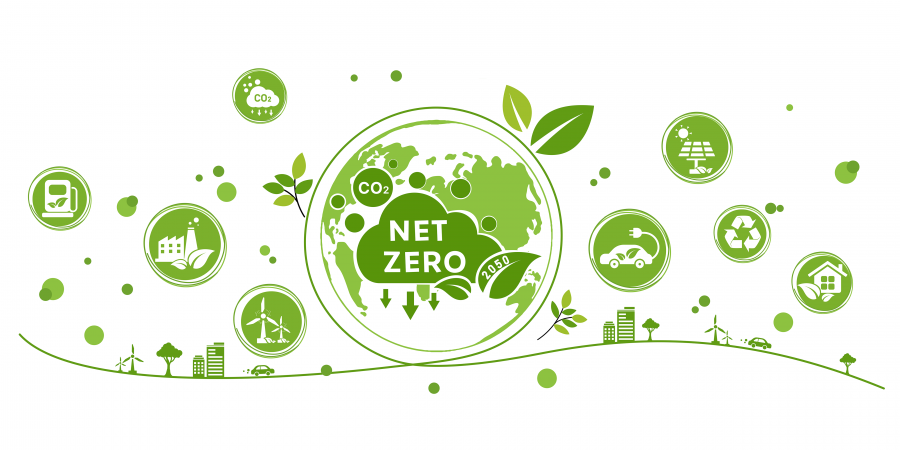Meeting the Challenge of Net Zero Faster
 |
Prof. SHAO Minhua, Cheong Ying Chan Professor of Energy Engineering and Environment, is a world-renowned electrochemist with a research focus on electrochemical energy conversion and storage. He is Director of the HKUST Energy Institute and will become Head of the Department of Chemical and Biological Engineering in the HKUST School of Engineering, effective August 1. |
The pursuit of net-zero emissions by 2050 is a pressing and highly challenging endeavor. As many people globally tread this path toward a sustainable future, what are the key factors that must come into play for the world to achieve this ambitious target?
First and foremost, a shift in energy sources is imperative. While we must embrace renewable energy on a grand scale, harnessing the power of the sun and wind to meet our growing energy needs, that alone is not enough. Societies must also focus on energy efficiency and conservation. It is up to people and companies alike to prioritize reducing their energy consumption by making conscious choices in their daily lives. Putting simple steps such as selecting energy-efficient appliances, insulating homes, and utilizing natural light at the heart of our decision-making are among the ways we can all make a difference to energy saving.
We must face the fact that the transportation sector, a significant contributor to greenhouse gas emissions, must undergo a transformative revolution. We need to transition faster from reliance on fossil fuel-powered vehicles to electric vehicles (EVs) powered by batteries and fuel cells and invest in a robust charging infrastructure. Some governments are already implementing policies such as tax incentives and subsidies to promote the adoption of EVs. Investing in public transportation systems to reduce individual car usage is another avenue that needs to move up the to-do list.
Furthermore, we must rapidly address the role of corporations and industries in this journey. Companies need to be prepared to adopt sustainable practices throughout their operations, from their supply chains to their manufacturing processes. Embracing circular economy principles, where waste is minimized and resources are recycled or repurposed, can have a profound impact. Investing in clean technologies and promoting sustainable business models should be at the forefront of near-term corporate strategies.
As can be seen from the above, it is not one change that can meet the challenge. Reaching the net-zero emission target by 2050 – now just 27 years away – requires a multifaceted approach. From the shift toward renewable energy to energy efficiency, sustainable transportation, and corporate responsibility, it has to be a collective effort involving individuals, governments, and organizations.
To contribute to meeting the 2050 target, the HKUST Energy Institute (EI) is leveraging its wide-ranging expertise in research, collaboration, and education. Researchers at EI are working at full speed to develop innovative technologies on energy generation, storage, efficiency, and policy. In addition to research, the Institute is dedicated to undergraduate and postgraduate education on energy, with the hope of inspiring the next generation of leaders and innovators to become agents of change and move the world toward a sustainable future.
Working together is what will bring the seemingly unreachable within reach.
By Prof. Shao Minhua

